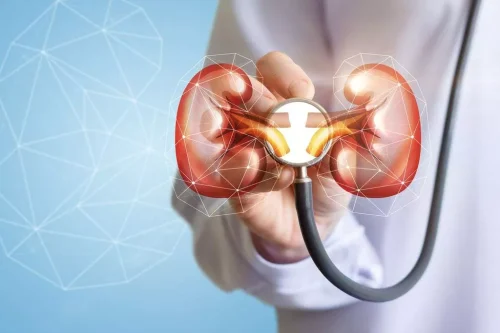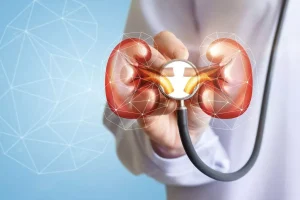
It’s important for individuals in recovery to communicate their needs and boundaries to their friends and family to minimize relationship-related triggers. If a person experiences symptoms of PAWS, they should not feel defeated. The experience of AUD recovery can vary significantly among individuals.

Complacency In Recovery

Substituting alcohol dependence for another addiction due to unresolved trauma. Dry drunk symptoms are unpleasant, but implementing these strategies can make them less daunting. Having support from family and friends is also helpful in persisting along the path to full recovery. Other groups include SMART Recovery and Secular Organizations for Sobriety. Any of these mutual-aid, or support groups, can be an important component of long-term alcoholism treatment recovery. Following treatment, participating in mutual-aid support groups can help in keeping you sober and preventing relapse.
Understanding Co-Occurring Disorders

Even if they direct these emotions toward themselves, their emotional state can affect yours. Maybe you start by simply going to the gym at a certain time most days of the week. Don’t stress too much about doing a huge workout; just focus dry drunk syndrome on getting yourself there.
What Causes Dry Drunk Behaviors?

From the outside, the house may look brand new, but until the cracks are repaired, the house can still come crumbling down — just like our health in the limbo dry drunk stage. Dry Drunk Syndrome prevention comes from participating actively in emotional healing and personal growth while on the recovery journey. A relapse prevention plan should include strategies for coping with triggers, a list of supportive contacts, and activities that promote well-being. Regular exercise can improve mood, reduce stress, and help maintain physical health—all of which are beneficial for individuals in recovery.
- Having support from family and friends is also helpful in persisting along the path to full recovery.
- It’s about confronting the underlying emotional issues that may have fueled your addiction, developing healthy coping mechanisms, and building a life filled with purpose and connection.
- Find support groups near you and commit to attending them for long term recovery.
- You’ll meet millions of fellow Reframers in our 24/7 Forum chat and daily Zoom check-in meetings.
- At the extreme, this behavior can make partners, friends or family feel neglected or unappreciated.
They may feel that they are “white-knuckling” through life, which is only more difficult without their substance of choice. Recovery is naturally an intensely personal, and at points, painful process. As alcoholics work to battle their inner demons, their goal should be to ultimately attain a level of self-awareness they did not have before. The alcoholics are changing their entire identity, and they are attempting this without the crutch of alcohol. Long-term sobriety can sometimes create a sense of safety, which can cause a person to forget to tend to their ongoing emotional and mental health.
Unfortunately, those of us in recovery find that the only thing we ever got from sitting on the ‘pity pot’ was a ring around our butt. While there is no specific treatment for dry drunk syndrome, several interventions may help individuals manage their symptoms and prevent relapse. Individuals may isolate themselves from others, struggle to form healthy relationships, and exhibit a general sense of apathy towards life. These symptoms can have a profound impact on the individual’s mental and emotional well-being, as well as their overall quality of life.
Monitoring by a treatment provider can help also prevent relapse and is often more effective than taking a “white knuckle” approach to abstinence. Behavioral patterns are automatic and happen without our even being aware that we are doing them. Some behavioral patterns are conscious and others are unconscious – beyond our awareness. The person cannot respond to the usual challenges that happen at the different stages of development. For this reason, treatment has to address these issues and to focus on helping the person “work through” these various issues.
Still, there are things you can do to manage these symptoms and minimize their impact on your life. Symptoms can also seem to resemble a late withdrawal, as some treatment professionals have pointed out. It often occurs as part of a broader condition known as post-acute withdrawal syndrome (PAWS). You might withdraw from social interactions, feeling disconnected from others or resentful of those who can still drink. If you have a loved one going through recovery, all of this might be frustrating. They may even seem to be moving backward rather than ahead, in your opinion.

 WhatsApp us
WhatsApp us